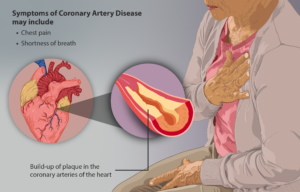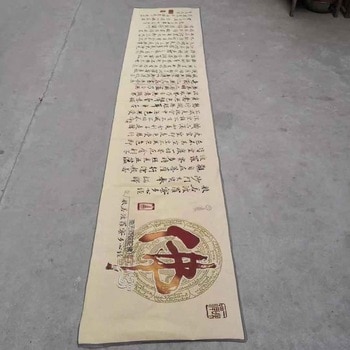Symptoms of congestive heart failure in women can be recognized by their varying degrees of pain, swelling, and other cardiac manifestations. These changes are most often experienced in the right side, though patients in the left side may also experience some discomfort. Common symptoms include: Shortness of breath, increased heart rate, palpitations, fatigue, nausea, vomiting, diarrhea, and lightheadedness. Some patients can experience a combination of these symptoms or even all of them at once.
There are a number of possible causes for congestive heart failure in women. Women who have never experienced this type of illness may not be aware of it. One such cause is weight gain. Patients who are obese can have a buildup of fat on the inside of their arteries, which can impede the flow of blood through the arteries and cause congestive heart failure. Women who are considered to be just overweight can experience this condition after pregnancy, when they put on excessive weight due to hormone changes within their bodies. This condition is common in post-menopausal women.

Another common symptom is dizziness. Some women may not have the slightest feeling of dizziness, but others will experience mild to moderate nausea and lightheadedness. In rare cases, women may have a fainting spell or pass out from the effects of vomiting. Many symptoms are similar to those of jaundice, which is caused by too much exposure to sunlight. If you are experiencing any of these symptoms, your doctor should check you for jaundice.
The fourth common cause of congestive heart failure in women is mitral valve prolapse. The mitral valve prolapse is a congenital defect, wherein the valve itself slowly leaks. This may either occur as a closed or open event. Women with closed prolapses will experience symptoms such as shortness of breath and breathlessness upon bending over. Open prolapses will cause chest pain, palpitations, dizziness, sweating, vomiting, and fatigue.
One of the last common causes of congestive heart failure in women is atrial fibrillation. This form of fibrillation occurs when the heart isn’t pumping blood to the right areas. This results in blood pooling in the right side of the heart, causing light to sparkle in the chest. Some people might experience symptoms that are a bit like panic attacks. This condition has an increased risk of mortality. Women are statistically more likely to die from this condition.
The most effective way to prevent congestive heart failure in women is to use medications and lifestyle changes. The primary risk factor for women is being overweight. Losing weight is a very simple step that can help alleviate the symptoms of women’s heart problems. Losing even 10% of body weight can reduce symptoms. Exercise is also an important factor in preventing this condition. Try to do at least one hour of exercise daily if you feel you must.
Being overweight increases the stress on the heart. Women should try to also get exercise, eat healthy food, and drink plenty of water to alleviate the effects of stress. A great way to lower stress is to learn relaxation techniques. You can learn a few deep breathing exercises or learn meditation to help you relax. You can also visit your doctor for additional advice. If you’re taking medications, be sure to let your doctor know if you are experiencing symptoms. Being a woman who experiences congestive heart failure does not have to discourage you from living a full and active life. There are plenty of treatments available to help women avoid this condition. You just need to reach out for help.
Women with this condition should make an appointment with their physician as soon as possible. This appointment will help determine the severity of your symptoms and the best treatment plan. Your health care provider will take a look at your lifestyle and determine if any of the symptoms are due to medical causes or if you have another condition. Most often congestive heart conditions are caused by something else going on in your life. Women should never ignore symptoms, however small they may seem, as they could be signs of something more serious.
Medications that help women to treat symptoms of congestive heart failure in women include ACE Inhibitors, Angiotensin Receptors Inhibitors, Beta-blockers, and Calcium Channel Blockers. Some women also receive medication to boost their immune system. Anti-inflammatories such as Non-steroidal anti-inflammatory drugs (NSAIDs) are commonly prescribed to help reduce inflammation. Anti-platelet and anti-thrombotic medications are sometimes given as well. These medications can help prevent blood clots from forming, which can cause the symptoms to worsen.
Treatment can help improve the symptoms of congestive heart failure in women, but more drastic measures such as surgery might not be necessary. If you suspect that you have congestive heart failure, your doctor will discuss the options available to you and the best course of treatment. It is important that you understand all the symptoms so that you are able to recognize them and discuss treatment options with your physician. Taking action right away can help save your life.











